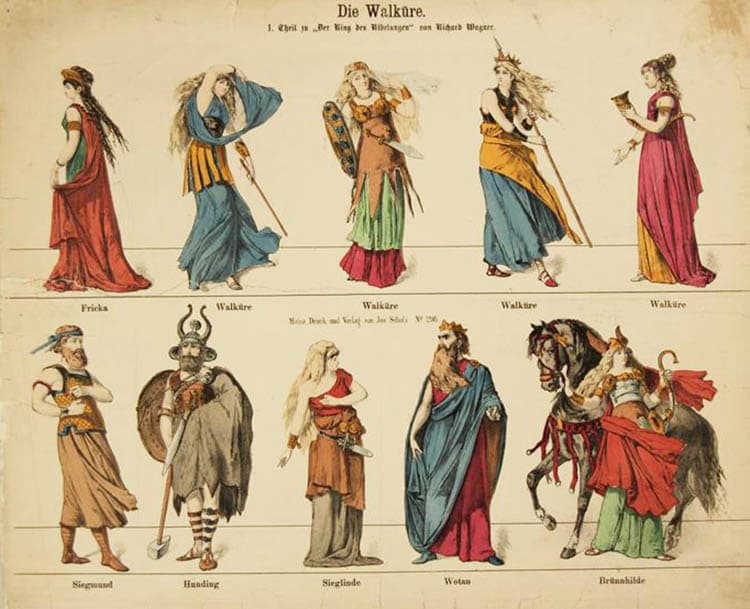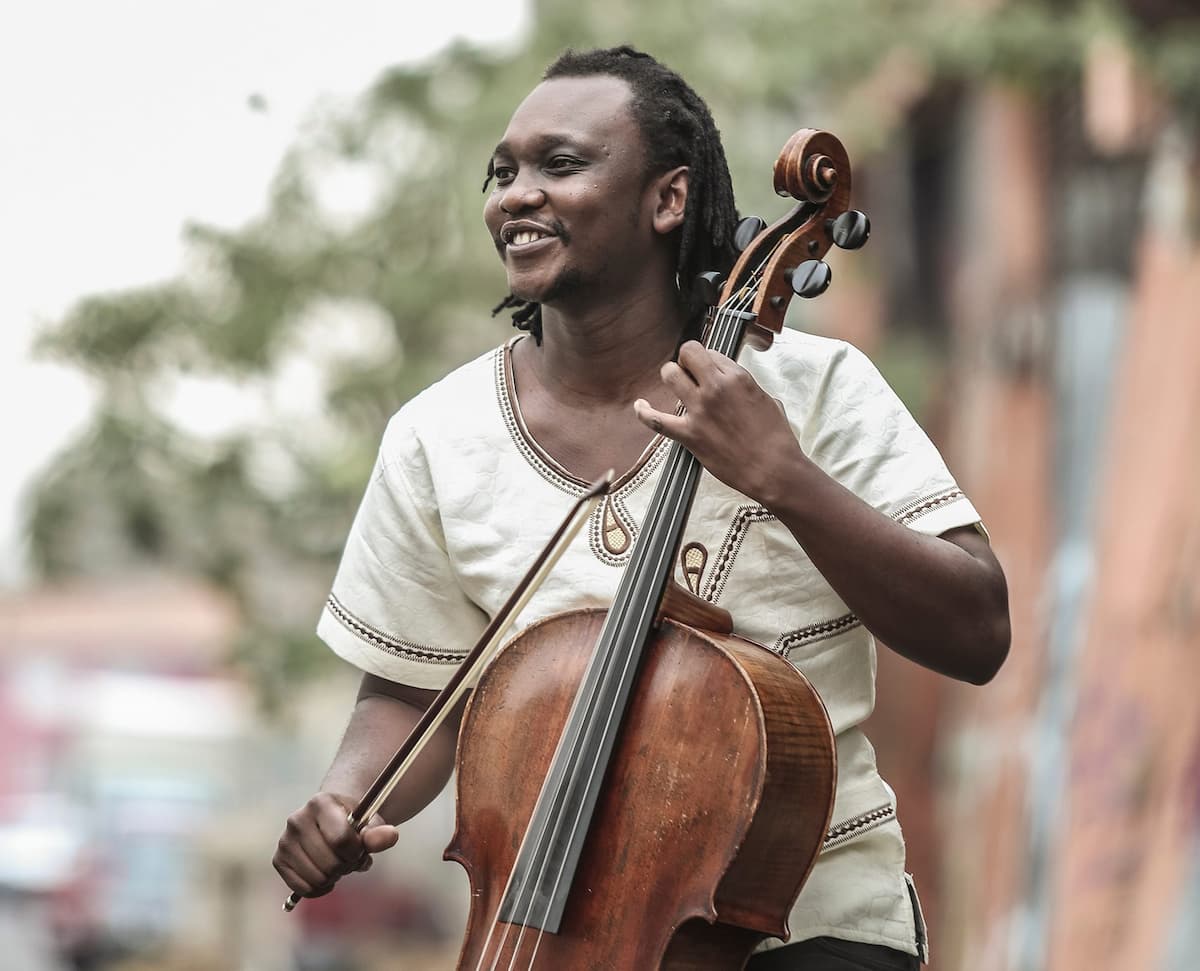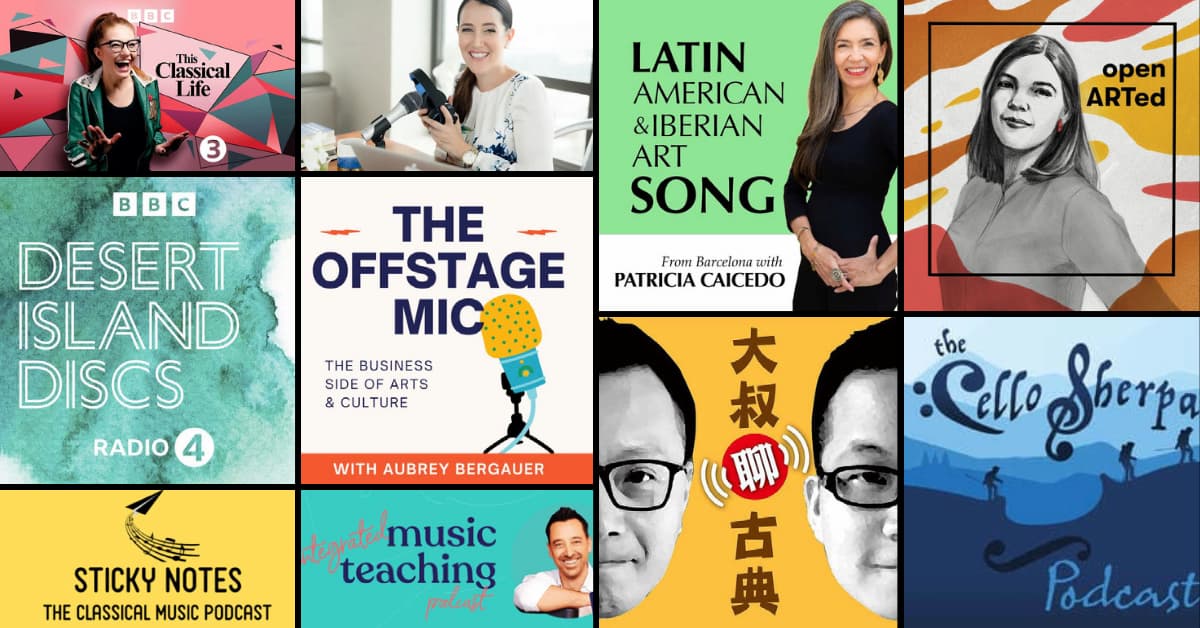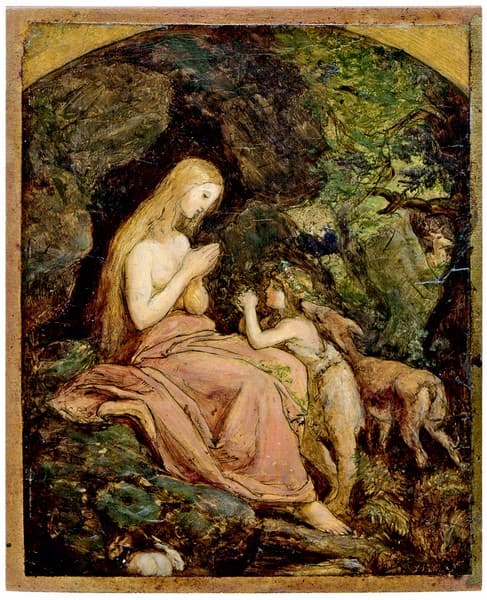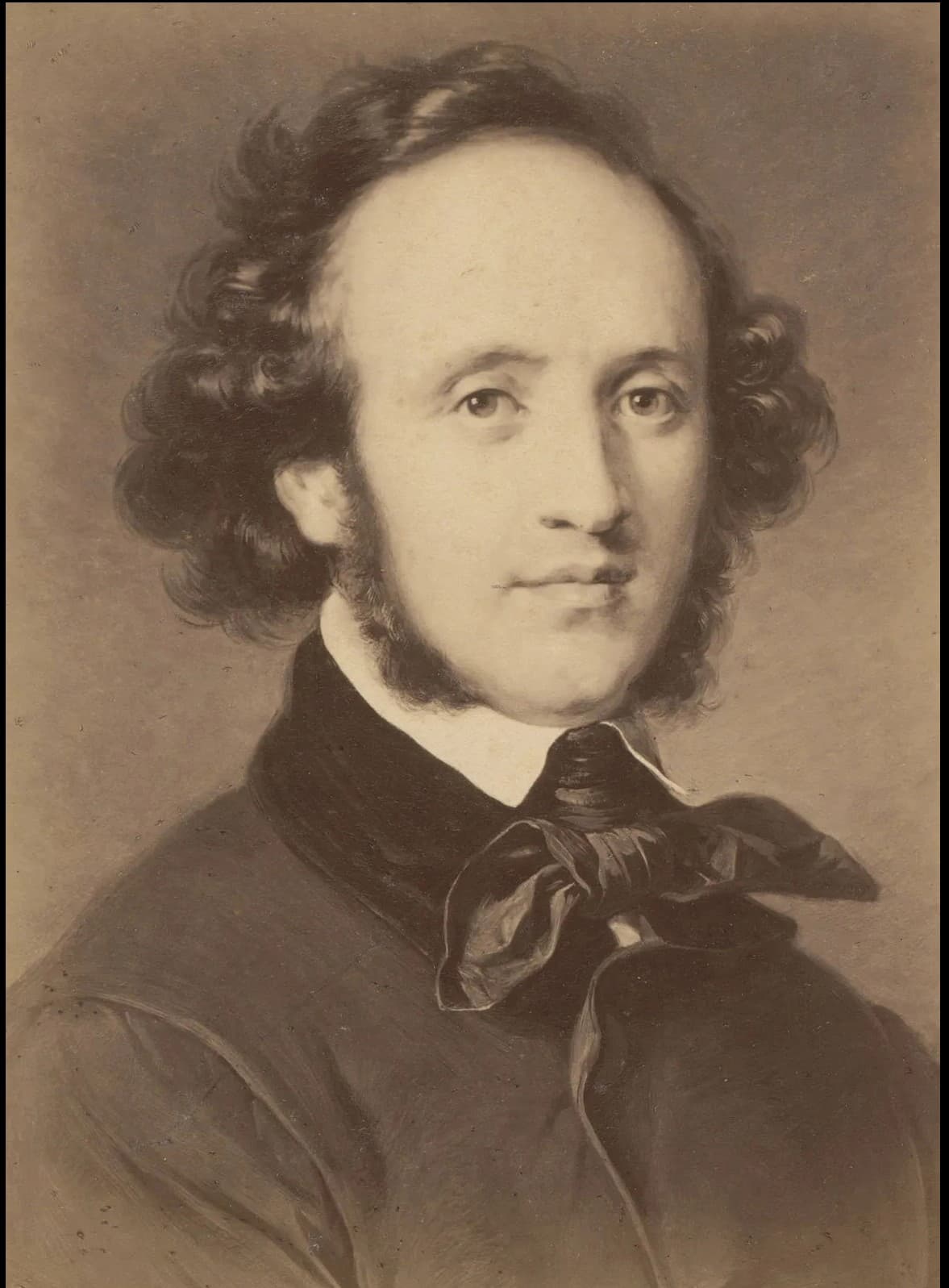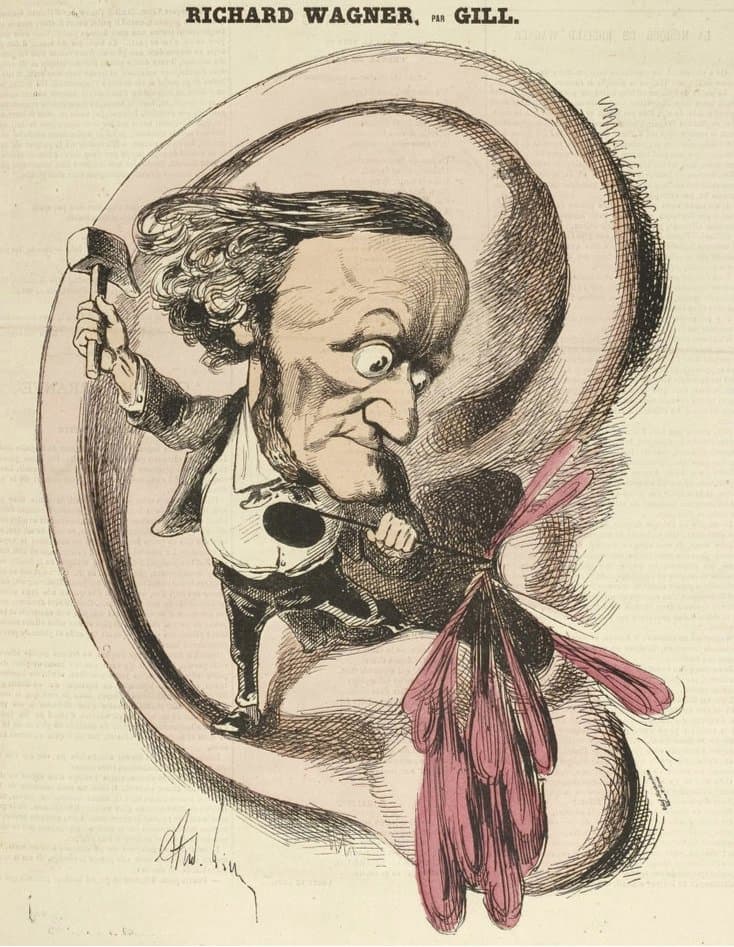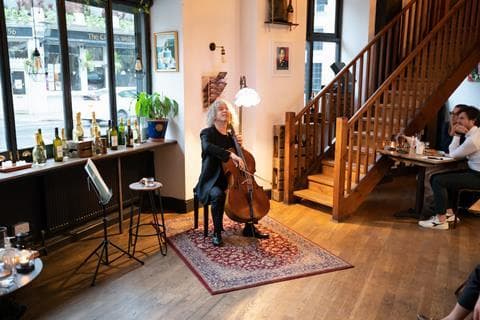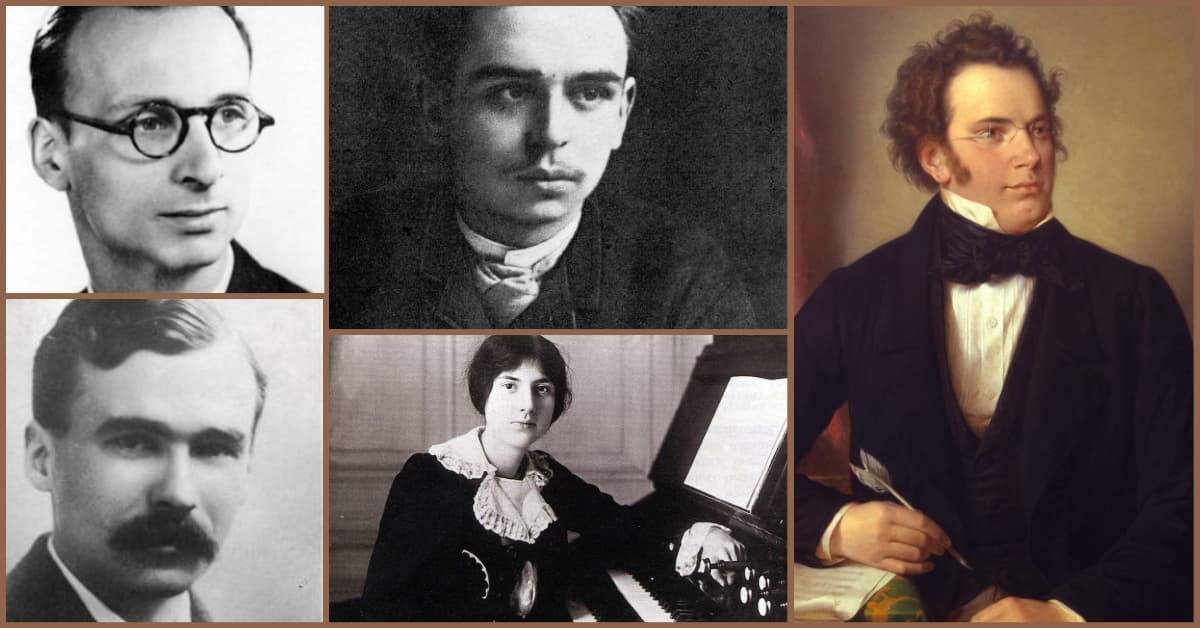Cosima Wagner wrote pointedly in her diary of 1873, “Die Walküre is the most emotional, the most tragic of Richard’s works.” Here as elsewhere, Cosima is responding to the classical theory of drama that Wagner had outlined during the initial
Articles
South African cellist, singer, and composer Abel Selaocoe has a remarkable and inventive approach. Taking the cello to places rarely explored, he showcases the tremendous range of expression of the cello from the classics through non-Western musical traditions. His extraordinary
Do you listen to podcasts? I enjoy listening to podcasts, especially when I am driving. In this article, I share some podcasts about classical music that our contributors and I listen to. Perhaps there are a few that you might
Premiered at the Stadtteater in Leipzig on 25 June 1850, Robert Schumann’s (1810-1856) four-act opera Genoveva elicited a strong response from Richard Wagner. “Schumann is a strange man,” he writes, “who has no sense of melody, and his opera Genoveva
Felix Mendelssohn is credited with creating a new genre of music for the piano: the short lyrical pieces known as the Lieder ohne Worte, the Songs Without Words. It was common in the Romantic period to have short lyrical piano
Richard Wagner (1813–1883) was a revolutionary in German music and in opera. For opera-goers, the advent of Wagner onto their stages was cause for comment, particularly in the caricature sections. In images, the cartoonists could take aim at all they
I will never forget a concert I attended in the mid-1980s in a tiny Medieval church in Zadar, a small seaside town in former Yugoslavia. Amidst the ancient stone pillars and arches, a string quartet played music by Beethoven and
If you ask music lovers to name a composer who died too young, many will think of Mozart, who died just a month before his 36th birthday, in the midst of composing his Requiem. Of course, the loss of Mozart

